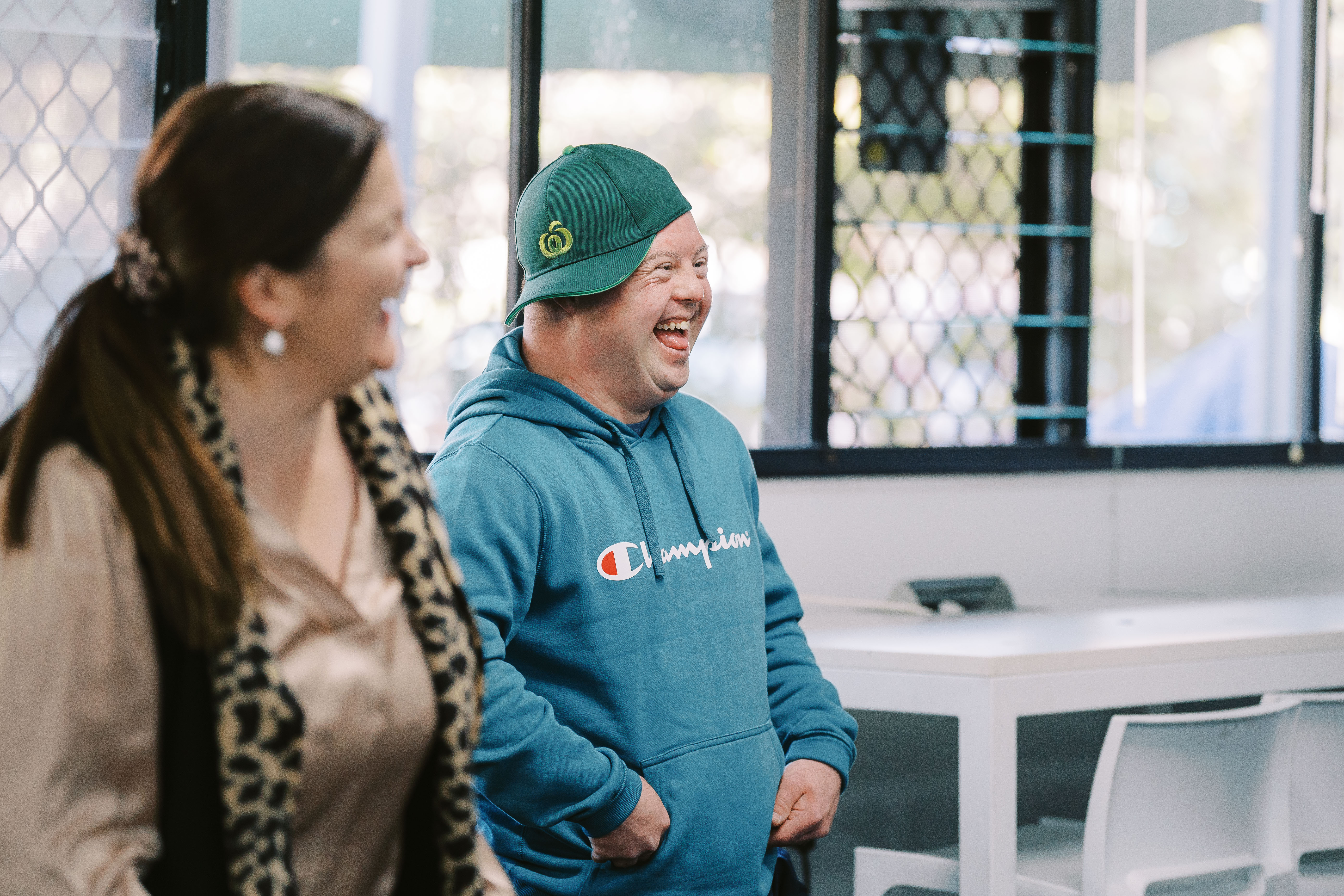Evaluation of the Australian Human Rights Commission ‘IncludeAbility’ project 2020-2023: Key Findings


This evaluation presents research conducted by the Centre for Social Impact at Swinburne University between 2020 and 2023, evaluating the IncludeAbility project delivered by the Australian Human Rights Commission.
The IncludeAbility project was an initiative of the Australian Human Rights Commission (AHRC) that was delivered over three years from 2020 to 2023. The project had the following objectives:
- Increasing access to meaningful and sustainable jobs and careers for people with disability;
- Creating inclusive workplaces and building greater organisational capacity to address employment barriers for Australians living with disability; and
- Supporting the transition of young people with disability from school to employment.
The evaluation by the Centre for Social Impact at Swinburne University , aims to provide an overview of the IncludeAbility approach and document the extent to which the project achieved its objectives and the key findings of the project.
The research methods were interviews of key stakeholders and secondary data from the AHRC and Pilot Employment Program partner organisations.
The research found that:
- Barriers to employment for people with disability in large companies are complex and relate to the operating environment of each particular company. Therefore, those barriers must be made visible within each company and a bespoke approach to addressing them developed.
- There is not a culture within large companies where employment candidates are routinely asked to provide information about reasonable adjustments or conditions for success within the recruitment and onboarding process. The AHRC potentially have an important role to play in changing this.
- Addressing barriers within large companies requires engagement at all levels of the company from the Board and CEO level to the level of the workplace. Diversity and Inclusion Executives play a crucial role in connecting various levels of the organisation.
- A culture of learning, a safe space and trusted partners supports large companies to implement programs that can deliver employment opportunities for people with disability at scale.
- Undertaking a Pilot Employment Program supports companywide learning about barriers to employment for people with disability and the development of strategies to address those barriers, which can be applied at scale.
- There is a range of providers who can support the inclusion of people with disability in workplaces, beyond Disability Employment Services (DES). Rather than focusing on a service type, the focus needs to shift to the types of supports required to create employment for people with disabilities in large companies, and the development of mechanisms to deliver those supports.
Companies require long term, sustained support to build their disability confidence and create employment opportunities for people with disability. Governments should work collaboratively with large companies to do this.
